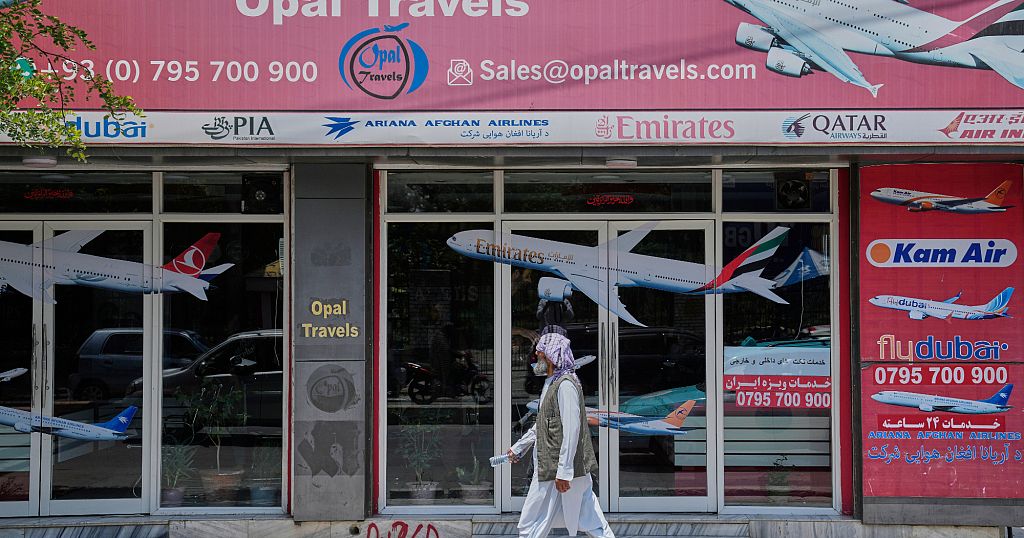African Union Voices Concern Over US Travel Ban, Citing Potential Diplomatic Fallout
In a move that has sparked widespread concern, the African Union has expressed its disapproval of US President Donald Trump’s new travel ban, which could potentially damage Washington’s diplomatic relationships with the continent. The ban, announced on Wednesday night, affects 12 countries, with 7 African nations facing a full ban and 3 additional countries facing travel restrictions.
The affected African countries include Chad, Congo-Brazzaville, Equatorial Guinea, Eritrea, Libya, Somalia, and Sudan, which are subject to the full ban. Meanwhile, Burundi, Sierra Leone, and Togo will face restrictions. The African Union has urged Washington to engage in "constructive dialogue" with the affected countries, highlighting the potential diplomatic implications of the ban.
President Trump has justified the ban as a necessary measure to protect the United States against "foreign terrorists" and other security threats. However, the move has been met with widespread criticism and disappointment from affected countries. In Kabul, Taliban guard Ilias Kakal denounced the ban, stating, "America has no right to do this and implement this ban. America has to cancel it." Travel agents in Afghanistan have also expressed skepticism, noting that the ban will have little impact as Afghans have already faced significant challenges in obtaining US visas since the Taliban took over.
In Tehran, the reaction to the ban has been mixed. Hossein Movahhed, an 18-year-old resident, dismissed the ban as "all nonsense," stating, "It’s not like we’re dying to go to America. We didn’t want to go even before. He says loads of nonsense and will keep doing so. We don’t care." Another resident, Ali Dadashi, described President Trump as "crazy," adding that it is a free world and people "want to go everywhere."
The travel ban is set to take effect on Monday, June 9, and will not target existing visa or green card holders. However, the move is likely to have significant implications for diplomatic relationships between the United States and affected countries. As the international community waits to see how the situation unfolds, one thing is clear: the travel ban has sparked a heated debate about security, diplomacy, and the complexities of international relations.
The African Union’s call for constructive dialogue highlights the need for a nuanced approach to addressing security concerns while promoting cooperation and understanding between nations. As the world watches the situation unfold, it remains to be seen how the travel ban will impact global relationships and the lives of individuals affected by the new policy. One thing is certain, however: the travel ban has marked a significant turning point in the complex and ever-evolving landscape of international relations.
